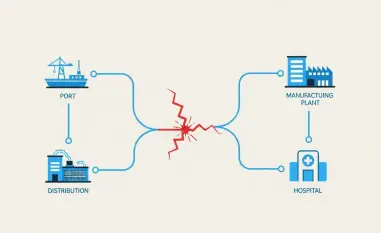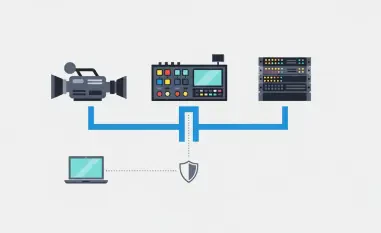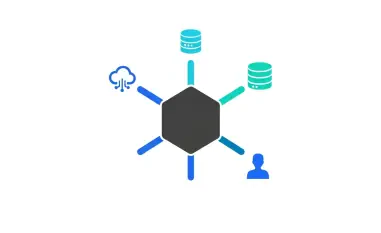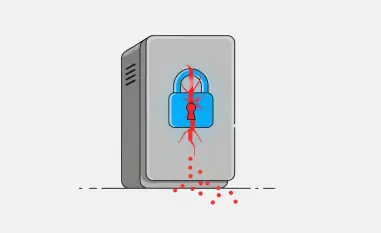Recently, Qantas Airways has faced a significant data breach that potentially exposed the personal information of millions of customers. The breach, which involved unauthorized access to a third-party customer servicing platform within a contact center, came to light earlier this week. Preliminary reports estimate that up to six million customers may have had their data compromised, including names, email addresses, phone numbers, dates of birth, and frequent flyer numbers. Importantly, financial information and credit card details appear to remain untouched, providing customers some reassurance. This security incident is notably concerning given that it coincided with the peak of the summer travel season, suggesting potential motivations to disrupt Qantas operations and diminish consumer confidence.
Cybersecurity Threats in Focus
The unauthorized access to Qantas’ data aligns with recent alerts from cybersecurity agencies, highlighting the growing threat posed by organized cybercriminal groups. Among these is the Scattered Spider group, notorious for targeting Software-as-a-Service (SaaS) platforms and cloud environments through sophisticated social engineering tactics. Their primary methods involve manipulating human interactions to gain unauthorized access and execute extortion schemes. As Qantas continues its investigation, cybersecurity experts underline the pressing need for companies, especially in critical industries like aviation, to bolster defenses. Implementing zero-trust principles and deploying phish-resistant multi-factor authentication are touted as essential countermeasures in safeguarding against these increasingly common cyber threats. The breach also underscores the inadequacy of conventional defense mechanisms and stresses the importance of continuously evolving security strategies.
Preparing for Future Challenges
Despite the security breach, Qantas successfully kept its core operational systems intact, reflecting a partial achievement in protecting its infrastructure against cyber threats. This incident underscores the global necessity for businesses to elevate cybersecurity to a strategic priority. Boards are encouraged to engage in discussions and invest in advanced protective measures. Industry experts advocate a proactive stance, including routine security audits, employee training programs, and embracing modern technologies. Beyond immediate responses, companies should cultivate a cultural paradigm that integrates cybersecurity into the fabric of their operations. The increasing global awareness of cybersecurity highlights the potential for significant disruptions to both businesses and consumers. As threats continue to evolve, strategies to mitigate them must also advance, requiring collaboration between industries and governments to fortify defenses against future cyberattacks. The Qantas breach revealed vulnerabilities even within fortified organizations, urging the aviation sector to develop comprehensive strategies against looming security challenges.













